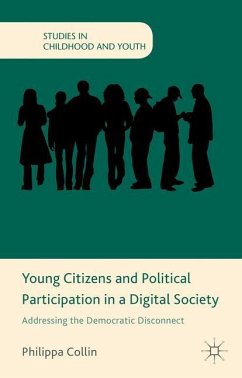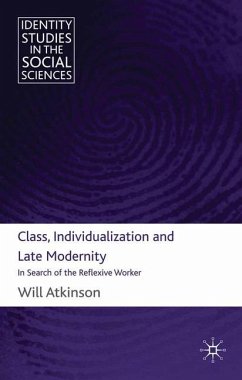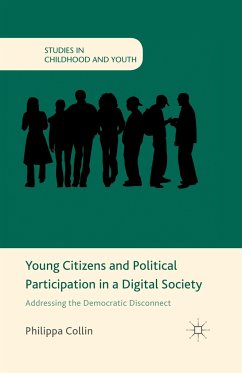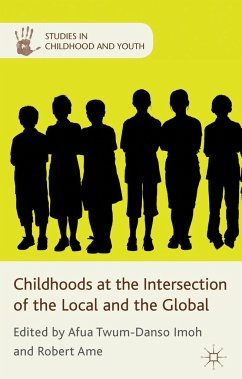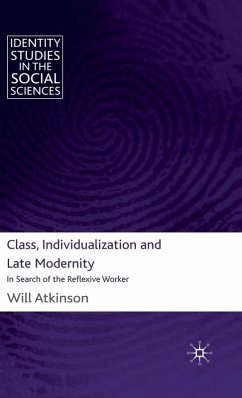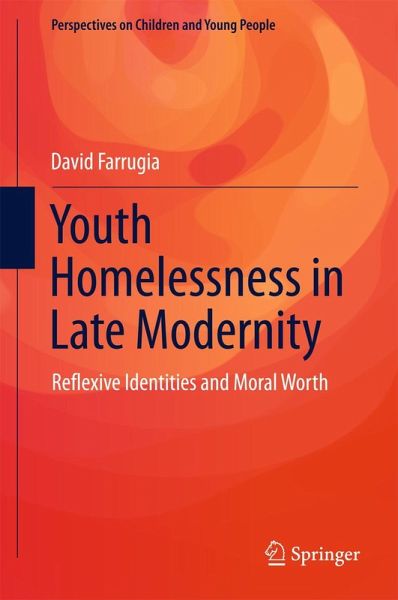
Youth Homelessness in Late Modernity
Reflexive Identities and Moral Worth
Versandkostenfrei!
Versandfertig in 6-10 Tagen
38,99 €
inkl. MwSt.
Weitere Ausgaben:

PAYBACK Punkte
19 °P sammeln!
This book explores the identities, embodied experiences, and personal relationships of young people experiencing homelessness, and analyses these in relation to the material and symbolic position that youth homelessness occupies in modern societies. Drawing on empirical research conducted in both urban and rural areas, the book situates young people's experiences of homelessness within a theoretical framework that connects embodied identities and relationships with processes of social change. The book theorises a 'symbolic economy of youth homelessness' that encompasses the subjective, aesthet...
This book explores the identities, embodied experiences, and personal relationships of young people experiencing homelessness, and analyses these in relation to the material and symbolic position that youth homelessness occupies in modern societies. Drawing on empirical research conducted in both urban and rural areas, the book situates young people's experiences of homelessness within a theoretical framework that connects embodied identities and relationships with processes of social change. The book theorises a 'symbolic economy of youth homelessness' that encompasses the subjective, aesthetic, and relational dimensions of homelessness. This theory shows the personal, interpersonal and affective suffering that is caused by the relations of power and privilege that produce contemporary youth homelessness. The book is unique in the way in which it places youth homelessness within the wider contexts of inequality, and social change. Whilst contemporary discussions of youth homelessness understand the topic as a discrete 'social problem', this book demonstrates the position that youth homelessness occupies within wider social processes, inequalities, and theoretical debates, addressing theories of social change in late modernity and their relationship to the cultural construction of youth. These theoretical debates are made concrete by means of an exploration of an important form of contemporary inequality: youth homelessness.







